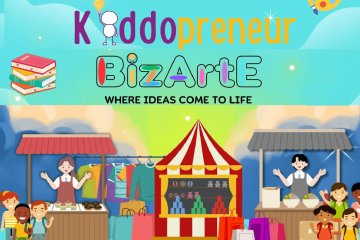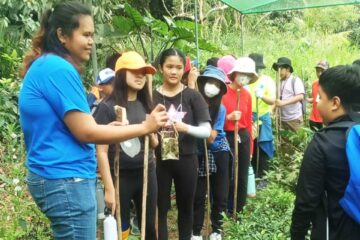In the education sector in the Philippines, about 27 million learners, 1 million teachers, and additional non-teaching staff have been severely impacted by the ongoing Covid-19 crisis. Whereas, globally more than 1.5 billion learners across different nations in the world are compelled to stay at home and learn through online means, making online learning as the new normal in the schools and educational institutions.
In January 2020, the Covid-19 or the Coronavirus was declared as a global pandemic by the World Health Organization (WHO) affecting millions of people across the globe. Starting from big to small industries and businesses to normal day to day lives of the people, most activities are disrupted due to stay at home guidelines issued by the authorities to contain the transmission of the virus. The Department of Education (DepEd) has deferred the opening of schools till 24th August 2020, and the schools in the Philippines have turned to alternate methods like online learning and take-home assignments. As the disease continues to grow and spread its feet, the scenario has redirected institutions and teachers towards the usage of online teaching methods like video lecturing, virtual classroom teaching, and reverse learning.
The adoption of new methodologies has led to new training requirements and skill enhancement of teachers in schools and faculties members in the universities. As a result, polishing the e-learning skills of the teachers and creating apposite courseware to impart the knowledge has come to the fore for conscious exploration and sustenance in the future.
Benefits of the new normal in learning
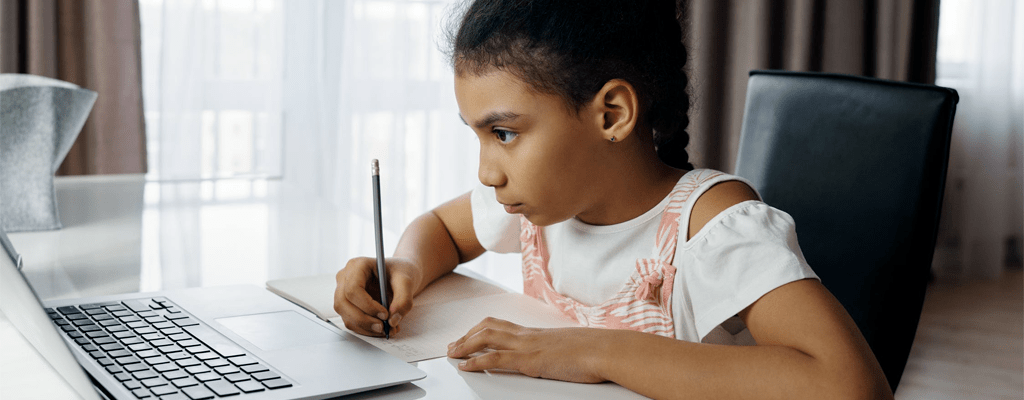
Both developed and developing countries around the world have endorsed online teaching techniques to sail through in these difficult times. Online learning or e-learning as well as teaching have become inevitably essential to impart education to students of all ages and levels. Through live video conferencing and lecturing, the education sector in the Philippines has found a viable alternative in the grave times of Coronavirus. Students with disabilities as a roadblock are now taking advantage of this new normal in the education domain, which is helping them continue their learning seamlessly.
Additionally, the lockdown arising due to Coronavirus has opened the new horizons and introduced e-learning for school goers, at an early stage. This exposure of new-age digital mediums for gaining an education is proving as a boon and promoting futuristic thinking among learners. Online learning is preparing students to endorse the future of education, which will be more remote and less likely to take place in brick and mortar buildings.
Online learning is offering several advantages for both teachers and learners:
- Reduced cost of learning
- Knowledge of new digital mediums
- Personalized learning experience
- Increased flexibility with better time management
- Heightened collaboration and communication between teacher and students
- Reduced cost of continuous infrastructural development
- Futuristic approach to gain knowledge
- Students safety during critical scenarios or emergencies
New forms of learning tools
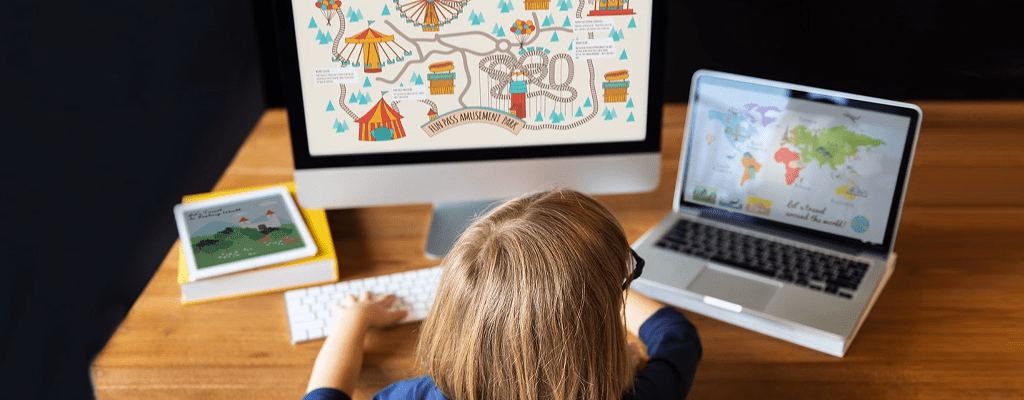
With so many benefits for the education sector, new forms of learning tools and techniques are being discovered and applied to impart education. Platforms like Learning Management System (LMS) and Open Educational Resources (OER) are enhancing the quality of lectures, plus making the courses flexible, school syllabuses accessible, shareable, and reusable.
While promoting the usage of digital tools, this new norm is also enlightening the learners about e-learning resources like OpenStax CNX, Lumen Learning, or MIT OpenCourseware, for access to a plethora of courses. In a move to bolster this concept, the DepED also launched DepED Commons, an e-learning platform to provide support to private and public school learners in the Philippines. Meanwhile, many educational institutions are working to make blended or mixed learning a new normal, along with the adoption of digitals tools. Schools are extensively utilizing existing resources and also making use of new tools to come out with a combination of new teaching methodologies. A variety of content prepared by using blended learning techniques is also letting the learners enhance their knowledge and they are able to understand the modern approaches that are emerging in the education sector today. Students are given take-home assignments which are not only allowing them to do more than merely read, write, or memorize from the textbook, but also apply and practice to gain the knowledge from each lesson.
Resultantly, when the world at large is becoming exceedingly connected, learners are becoming more and more aware of the digital environment that is thriving around them.
Birth of virtual education and reverse learning

Government and educational institutions have woken up to the challenge as well as the opportunity of teaching virtually, amid the pandemic of Coronavirus and days of lockdown with limited access to educational necessities.
From blending the education format with both online and offline tools to moving towards the concept of reverse learning and interactive classrooms, in the Philippines, the birth of a virtual education ecosystem has come into form. Evidentially, increased flexibility is now more visible, and conventional forms of learning techniques are in the middle of a transformation. Schools and educational institutions are increasingly opening up to teaching through innovative content and notes to students, which are not limited to pen and paper. By focusing on the practical application of lessons, and seeking to evaluate the effectiveness of the gained knowledge from students, the adoption of reverse learning is also emerging as a new breakthrough. This is helping the education grow further and bid farewell to traditional teaching where only teachers are required to commence the learning process.
Future in online education beckons

With the emergence of this new normal in the education domain, institutions like us are aiding the education sector in the Philippines to transform fast and grab more opportunities. We are accumulating different teaching methodologies and spearheading the virtual teaching patterns powered by digital platforms for learners across sections. This transformation is rapidly getting adopted across different levels of education present in the country.
A pandemic like Coronavirus has changed the world’s outlook. It has paved the way for the adoption of newer learning methods such as virtual classroom, video-based learning, reverse learning, and has prepared the education sector to meet the challenges of tomorrow.
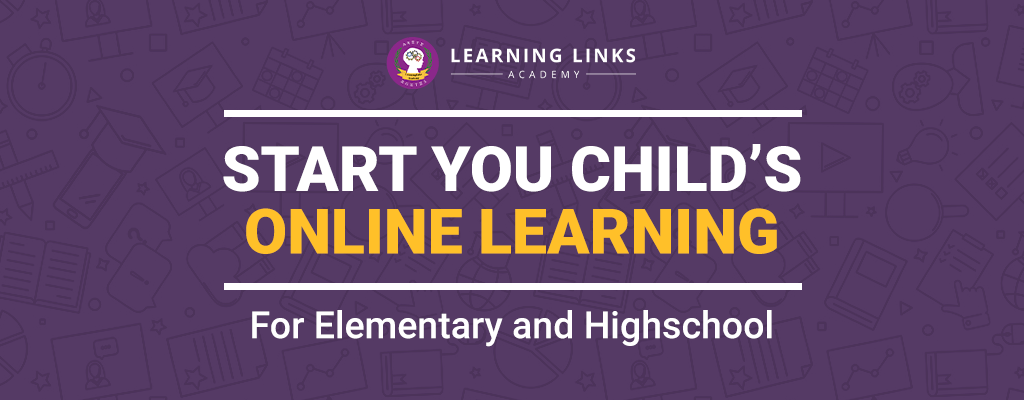
Educational institutions like Learning Links Academy are the front runners and moving quickly in this direction while helping the sector evolve fast, keeping pace with changes taking place in the world.
Learning Links promotes meaningful education and personal growth to help find what students really want for their careers and lives!
Click on the button below to find out how we make great education possible.

